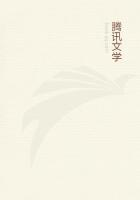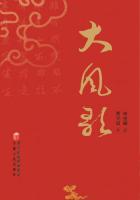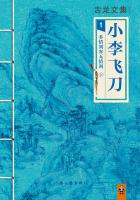The principles of modality are, however, not objectively synthetical, for the predicates of possibility, reality, and necessity do not in the least augment the conception of that of which they are affirmed, inasmuch as they contribute nothing to the representation of the object.But as they are, nevertheless, always synthetical, they are so merely subjectively.That is to say, they have a reflective power, and apply to the conception of a thing, of which, in other respects, they affirm nothing, the faculty of cognition in which the conception originates and has its seat.So that if the conception merely agree with the formal conditions of experience, its object is called possible; if it is in connection with perception, and determined thereby, the object is real; if it is determined according to conceptions by means of the connection of perceptions, the object is called necessary.The principles of modality therefore predicate of a conception nothing more than the procedure of the faculty of cognition which generated it.Now a postulate in mathematics is a practical proposition which contains nothing but the synthesis by which we present an object to ourselves, and produce the conception of it, for example- "With a given line, to describe a circle upon a plane, from a given point"; and such a proposition does not admit of proof, because the procedure, which it requires, is exactly that by which alone it is possible to generate the conception of such a figure.With the same right, accordingly, can we postulate the principles of modality, because they do not augment* the conception of a thing but merely indicate the manner in which it is connected with the faculty of cognition.
*When I think the reality of a thing, I do really think more than the possibility, but not in the thing; for that can never contain more in reality than was contained in its complete possibility.But while the notion of possibility is merely the notion of a position of thing in relation to the understanding (its empirical use), reality is the conjunction of the thing with perception.
GENERAL REMARK ON THE SYSTEM OF PRINCIPLES.
It is very remarkable that we cannot perceive the possibility of a thing from the category alone, but must always have an intuition, by which to make evident the objective reality of the pure conception of the understanding.Take, for example, the categories of relation.
How (1) a thing can exist only as a subject, and not as a mere determination of other things, that is, can be substance; or how (2), because something exists, some other thing must exist, consequently how a thing can be a cause; or how (3), when several things exist, from the fact that one of these things exists, some consequence to the others follows, and reciprocally, and in this way a community of substances can be possible- are questions whose solution cannot be obtained from mere conceptions.The very same is the case with the other categories; for example, how a thing can be of the same sort with many others, that is, can be a quantity, and so on.
So long as we have not intuition we cannot know whether we do really think an object by the categories, and where an object can anywhere be found to cohere with them, and thus the truth is established, that the categories are not in themselves cognitions, but mere forms of thought for the construction of cognitions from given intuitions.For the same reason is it true that from categories alone no synthetical proposition can be made.For example: "In every existence there is substance," that is, something that can exist only as a subject and not as mere predicate; or, "Everything is a quantity"- to construct propositions such as these, we require something to enable us to go out beyond the given conception and connect another with it.For the same reason the attempt to prove a synthetical proposition by means of mere conceptions, for example: "Everything that exists contingently has a cause," has never succeeded.We could never get further than proving that, without this relation to conceptions, we could not conceive the existence of the contingent, that is, could not a priori through the understanding cognize the existence of such a thing; but it does not hence follow that this is also the condition of the possibility of the thing itself that is said to be contingent.If, accordingly; we look back to our proof of the principle of causality, we shall find that we were able to prove it as valid only of objects of possible experience, and, indeed, only as itself the principle of the possibility of experience, Consequently of the cognition of an object given in empirical intuition, and not from mere conceptions.That, however, the proposition: "Everything that is contingent must have a cause," is evident to every one merely from conceptions, is not to be denied.But in this case the conception of the contingent is cogitated as involving not the category of modality (as that the non-existence of which can be conceive but that of relation (as that which can exist only as the consequence of something else), and so it is really an identical proposition: "That which can exist only as a consequence, has a cause." In fact, when we have to give examples of contingent existence, we always refer to changes, and not merely to the possibility of conceiving the opposite.* But change is an event, which, as such, is possible only through a cause, and considered per se its non-existence is therefore possible, and we become cognizant of its contingency from the fact that it can exist only as the effect of a cause.Hence, if a thing is assumed to be contingent, it is an analytical proposition to say, it has a cause.


